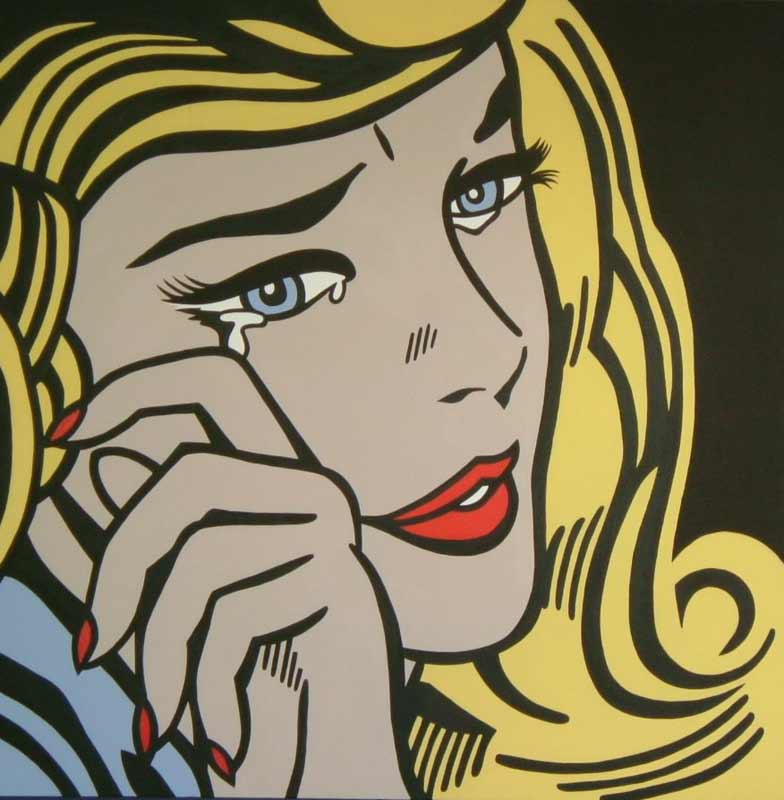
As part of our TV section of the course, you be exploring classic TV shows and then presenting your show to the class.
Your Objectives--Part I:
Write a summary of the show answering some of these questions:
What is the premise of the show?
What are some of the episodes about?
What is the demographic (target audience)?
Do you think this show would be popular now? Why or why not?
You will be able to find episodes and show summaries here:
http://www.tvland.com/shows/Part II:
Go to either Youtube or the TV Land website to find video clips of your show. Pick one video clip and describe what is happening in the clip.
For instance, describe the dialogue's tone, costumes, settings, etc.
You will be showing only one clip to the class so make it a good one!
Here are your shows:
Mass Comm Class I
Isilay- I Love Lucy & Green Acres
Keith-The Brady Bunch & Little House on the Prairie
Tori-The Beverly Hillbillies & Bonanza
Eddie-Gunsmoke & Star Trek
Popo-Hogan's Hereos & Sanford & Sons
Molly-The Andy Griffith Show & Good Times
Greg-The Jeffersons & M*A*S*H
Kosta- Leave it to Beaver & Three's Company
Rose-Munsters & Adam's Family
Mass Comm Class II
Ani- I Love Lucy & Green Acres
Arianna-The Brady Bunch & Little House on the Prairie
Carolyn-The Beverly Hillbillies & Bonanza
Emily-Gunsmoke & Star Trek & The Jeffersons
PJ-Hogan's Hereos & Sanford & Sons & M*A*S*H
Chris-The Andy Griffith Show & Good Times
Courtney- Leave it to Beaver & Three's Company
Ethan-Munsters & Adam's Family
Grade: 50% paper 50% Presentation
E-mail summaries to MSVENTURAWHS@GMAIL.COM
You will be presenting your TV shows early next week!















